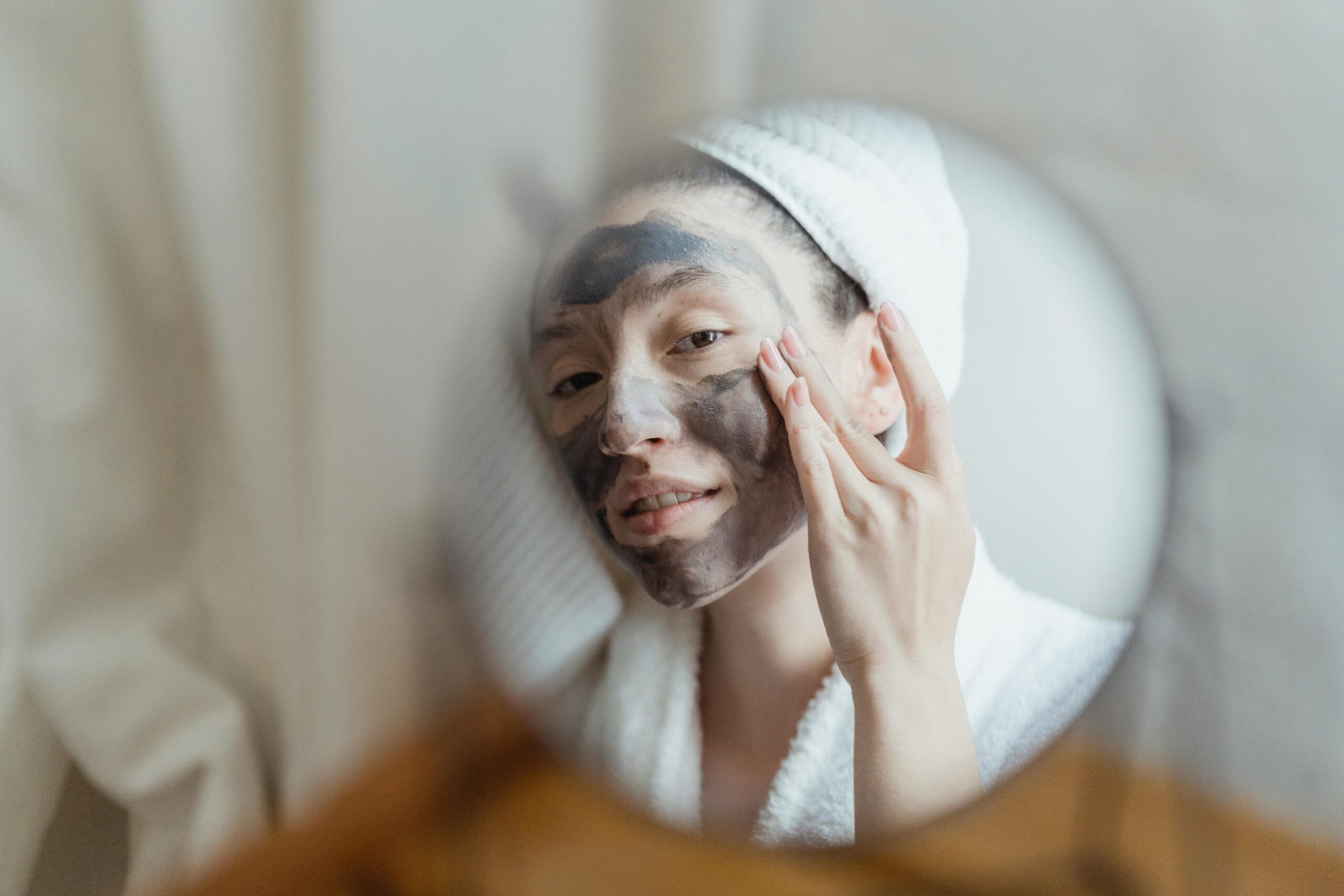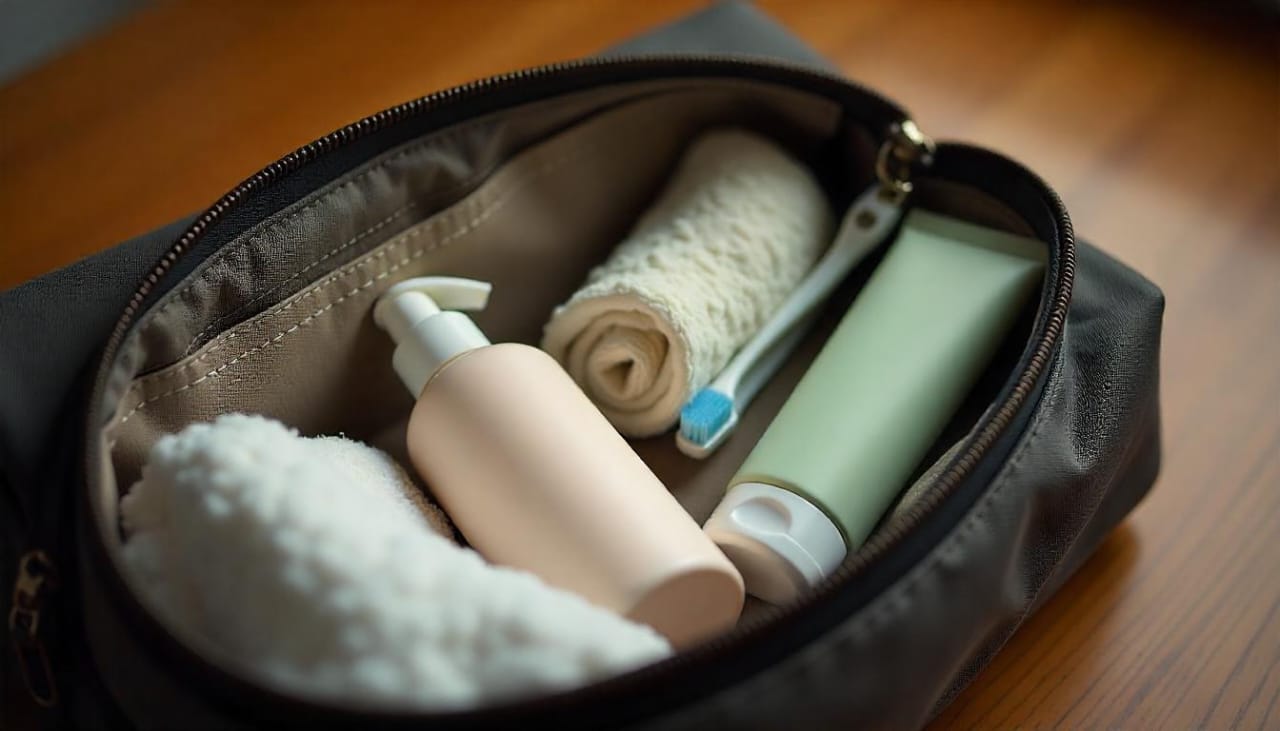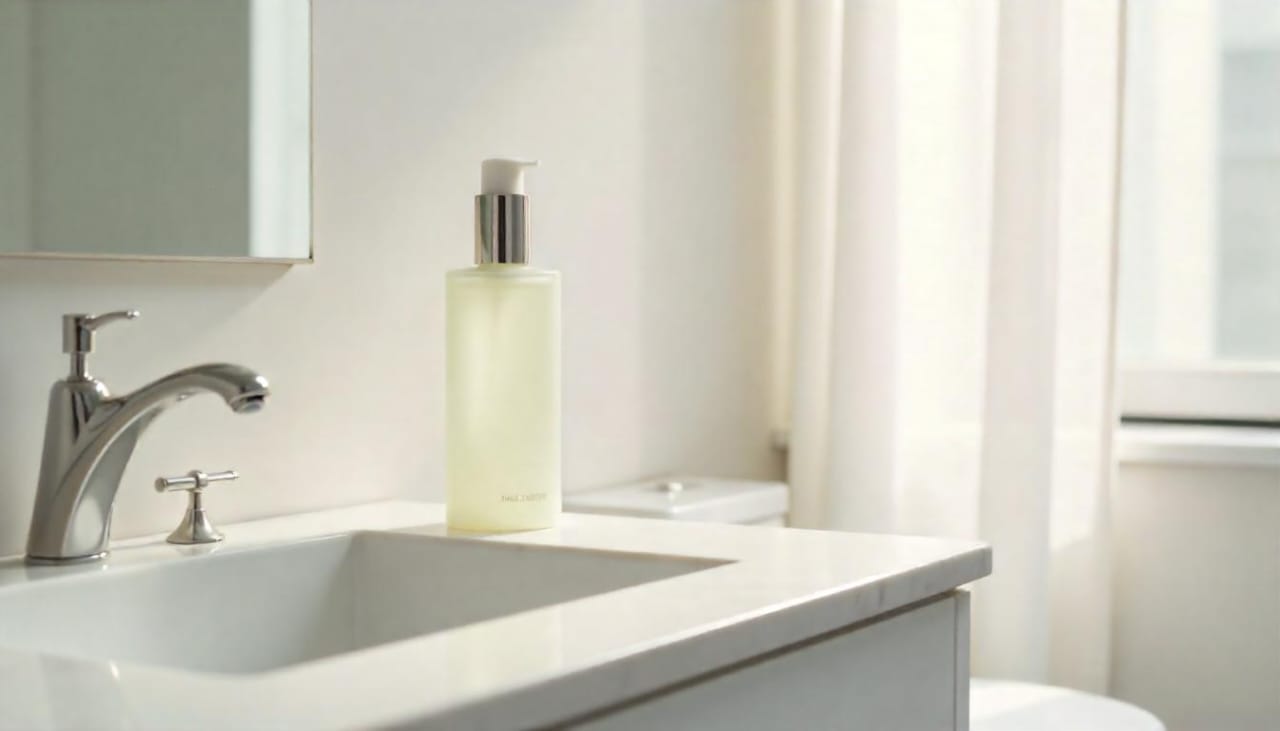When it comes to skincare, there are numerous products that promise to deliver glowing, healthy skin. From serums to moisturizers, each product plays an important role in achieving your skin goals. However, there’s one step that many people overlook or consider unnecessary: the face mask. Face masks have been used for centuries as a beauty treatment, and for good reason. Not only do they provide instant results, but they can also offer long-term benefits for your skin when used regularly. In this blog, we’ll explore why you should consider adding a face mask to your skincare routine and how it can help elevate your skincare game.
What Are Face Masks?
Face masks are concentrated skincare products that are typically applied to the skin in a thick layer. They are designed to address specific skin concerns, such as acne, dryness, dullness, and uneven texture. The ingredients in face masks vary widely, and different types of masks are formulated to target different issues. Some masks hydrate, while others detoxify, brighten, or exfoliate the skin.
Face masks come in various forms, including:
- Clay Masks: Ideal for oily and acne-prone skin, clay masks help absorb excess oil and clear impurities.
- Hydrating Masks: These masks are packed with moisturizing ingredients like hyaluronic acid to nourish dry skin.
- Sheet Masks: Made of fabric or paper soaked in serums, sheet masks are designed to deliver intense hydration and active ingredients to the skin.
- Peel-Off Masks: These masks adhere to the skin and are peeled off once dry, helping to remove dead skin cells and reveal smoother skin.
- Exfoliating Masks: These masks contain ingredients like alpha hydroxy acids (AHAs) or beta hydroxy acids (BHAs) to exfoliate the skin and remove dead skin cells.
The Benefits of Face Masks for Your Skin
Adding a face mask to your skincare routine can offer a wide range of benefits, from addressing specific skin concerns to boosting your skin’s overall health. Here are some key benefits of incorporating face masks into your routine:
1. Deep Cleansing and Detoxification
Face masks, especially clay and charcoal masks, are great for deep cleaning your pores and removing impurities. They can help draw out excess oil, dirt, and toxins that accumulate on your skin, especially if you live in a polluted environment or wear makeup daily. By purging your pores, face masks can help reduce the appearance of blackheads and prevent future breakouts. Regular use of a detoxifying mask can give your skin a cleaner, clearer look, with fewer blemishes and breakouts.
2. Instant Hydration Boost
Hydration is key to healthy, glowing skin, and hydrating face masks can give your skin an instant boost of moisture. These masks are especially beneficial for dry or dehydrated skin, as they provide deep nourishment and help restore the skin’s natural moisture balance. Ingredients like hyaluronic acid, aloe vera, and glycerin are commonly found in hydrating masks, and they help plump up the skin, reduce tightness, and leave you with a soft, dewy complexion.
3. Brighter, More Radiant Skin
If your skin appears dull or tired, a brightening face mask can help restore a youthful glow. Masks containing vitamin C, niacinamide, or exfoliating ingredients can help even out your skin tone, fade dark spots, and give your complexion a radiant boost. Regular use of a brightening mask can result in smoother, more luminous skin, helping you achieve that coveted “glow from within.”
4. Exfoliation for Smoother Skin
Exfoliating masks are a great way to slough off dead skin cells and reveal a smoother, fresher complexion. Exfoliating ingredients like AHAs, BHAs, or enzymes break down the bonds between dead skin cells, allowing them to be removed more easily. This can improve the texture of your skin, reduce the appearance of fine lines, and enhance the effectiveness of your other skincare products by allowing them to penetrate deeper into the skin. A gentle exfoliating mask is an excellent addition to your routine if you want to maintain a smooth and even skin texture.
5. Relaxation and Stress Relief
In addition to their skincare benefits, face masks can provide a relaxing experience. Taking the time to apply a face mask and let it work its magic can be a calming ritual that helps you unwind after a long day. Many masks are infused with soothing ingredients like chamomile, lavender, and tea tree oil, which not only benefit your skin but also promote relaxation and stress relief. The act of taking a moment for self-care can enhance your overall well-being, making face masks a great way to practice mindfulness and relaxation.
6. Target Specific Skin Concerns
Face masks are formulated to target specific skin issues, whether it’s acne, hyperpigmentation, or fine lines. For example, if you have oily or acne-prone skin, a clay or charcoal mask can help balance oil production and reduce blemishes. For those with dry or sensitive skin, a soothing sheet mask or hydrating mask can replenish moisture and calm irritation. If you’re looking to fight signs of aging, you can find masks with anti-aging ingredients like peptides, retinol, or antioxidants to target wrinkles and fine lines.
7. Improved Skin Texture and Tone
Regular use of face masks can help improve the overall texture and tone of your skin. By addressing specific concerns like pigmentation, dryness, or dullness, masks can contribute to a more even and smooth complexion. With consistent use, you’ll notice softer, more supple skin with a more balanced tone. This can also help your foundation and makeup go on more smoothly, creating a flawless canvas.
How to Add a Face Mask to Your Skincare Routine
Incorporating a face mask into your skincare routine is easy and effective. Here’s how to do it:
- Choose the Right Mask: Select a mask based on your skin type and concerns. If you have oily skin, a clay mask might be a good option. For dry skin, look for a hydrating mask. If you want to exfoliate, try an enzyme or AHA-based mask.
- Cleanse Your Skin: Start with a clean face to remove makeup, dirt, and oils. This ensures that the mask can penetrate the skin more effectively.
- Apply the Mask: Follow the instructions on the product for application. Some masks require a thick layer, while others might only need a thin coat. Make sure to apply evenly across your face and avoid the eye area.
- Relax and Let It Work: Leave the mask on for the recommended amount of time (usually between 10-20 minutes). Use this time to relax and let the mask work its magic.
- Rinse and Moisturize: After the mask has dried or set, rinse it off with lukewarm water. Follow up with your regular skincare routine, including toner, serum, and moisturizer, to lock in the benefits of the mask.
Conclusion: Pamper Your Skin with a Face Mask
Adding a face mask to your skincare routine is an excellent way to boost your skin’s health and address specific concerns. Whether you want to hydrate, detoxify, exfoliate, or brighten, there’s a face mask for every skin type and need. Incorporating a mask into your routine can give you instant results and long-term benefits, making it a worthwhile investment in your skincare regimen. So, why not treat yourself to a little extra pampering and enjoy the benefits of smoother, healthier, and more radiant skin? A face mask is more than just a luxury; it’s a skincare essential!




